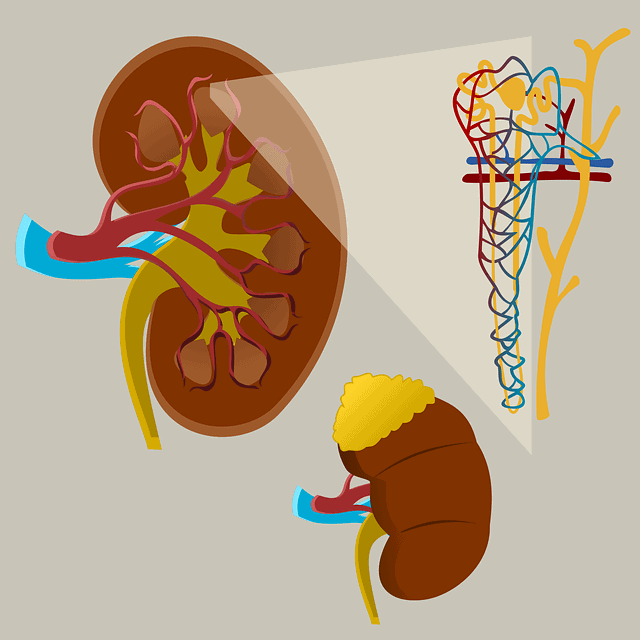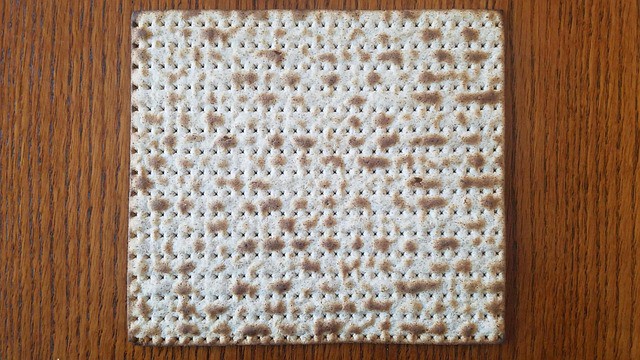Treatment of the Elderly and the Sick – “Until 120”?

Chapter 6 – Removing an Object Preventing Death
Treatment of the Elderly and the Sick – “Until 120”?

Chapter 4 – Prolongation of Life – At All Costs?
Treatment of the Elderly and the Sick – “Until 120”?

Chapter 2 – What is the Extent of Honoring One’s Parents?
Treatment of the Elderly and the Sick – “Until 120”?

Chapter 1 – Dealing with Old Age and Sickness in Light of Technological and Ethical Innovations
Treatment of the Elderly and the Sick – “Until 120”?

An overarching essay divided by topic regarding the treatment of the elderly and the sick in modern day, according to halacha and Jewish sources.
Is It Proper to Encourage People to Donate a Kidney?

A kidney donation can undoubtably save a life. However, considering there is a level of risk associated with donating a kidney, should people be encouraged to undergo this process? If there is a risk, even if it is a low one, is it even permitted to donate a kidney to someone else?
Advice for Pesach and the Seder Night with a Dementia Patient

The fulfillment of mitzvot is a very challenging process for people with dementia, especially on Pesach and the Seder Night.
Pesach and the Seder Night for Dementia Patients and their Families

This compendium is the result of collaboration of the Tzohar with the organization Emda, who cooperate with us throughout the year.
Guardianship and Advance Directives

A Primer to Filling Out the Guardianship Documents and Advance Directives
Guardianship or Advance Directive?

Cognitive impairment, loss of decision-making capacity, and the inability to communicate together create a complex reality where the patient is unable to express their wishes. However, there are a host of original solutions dedicated to these complicated situations.





